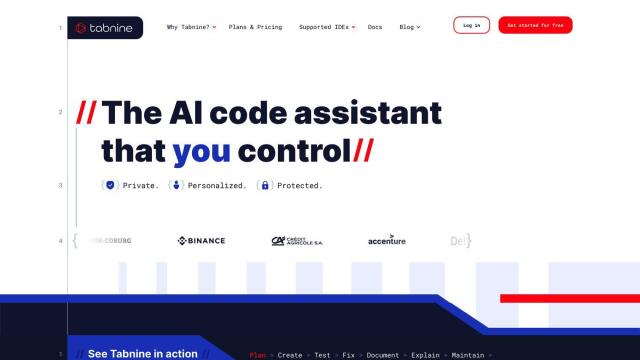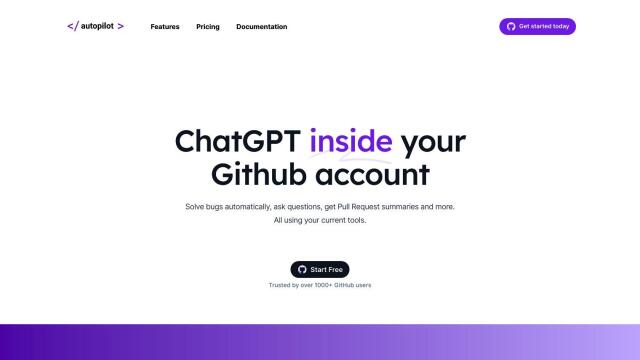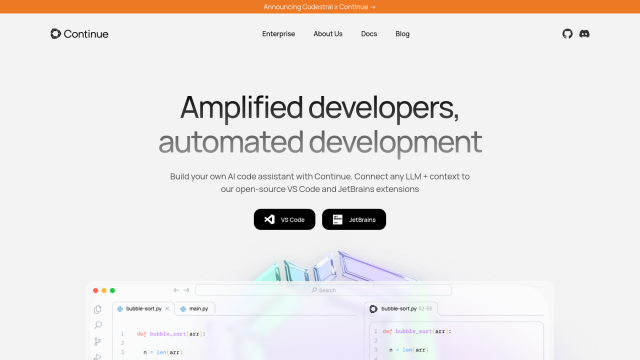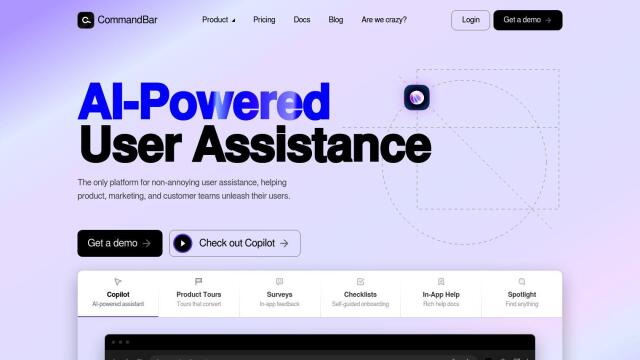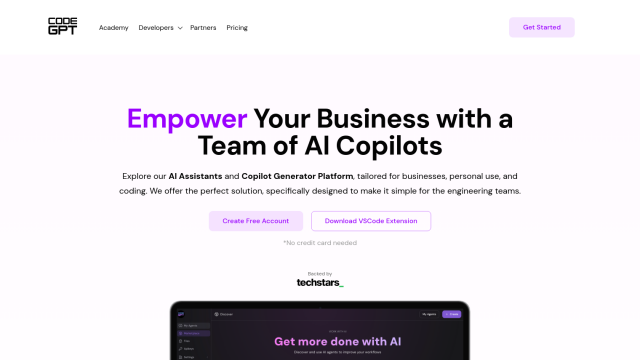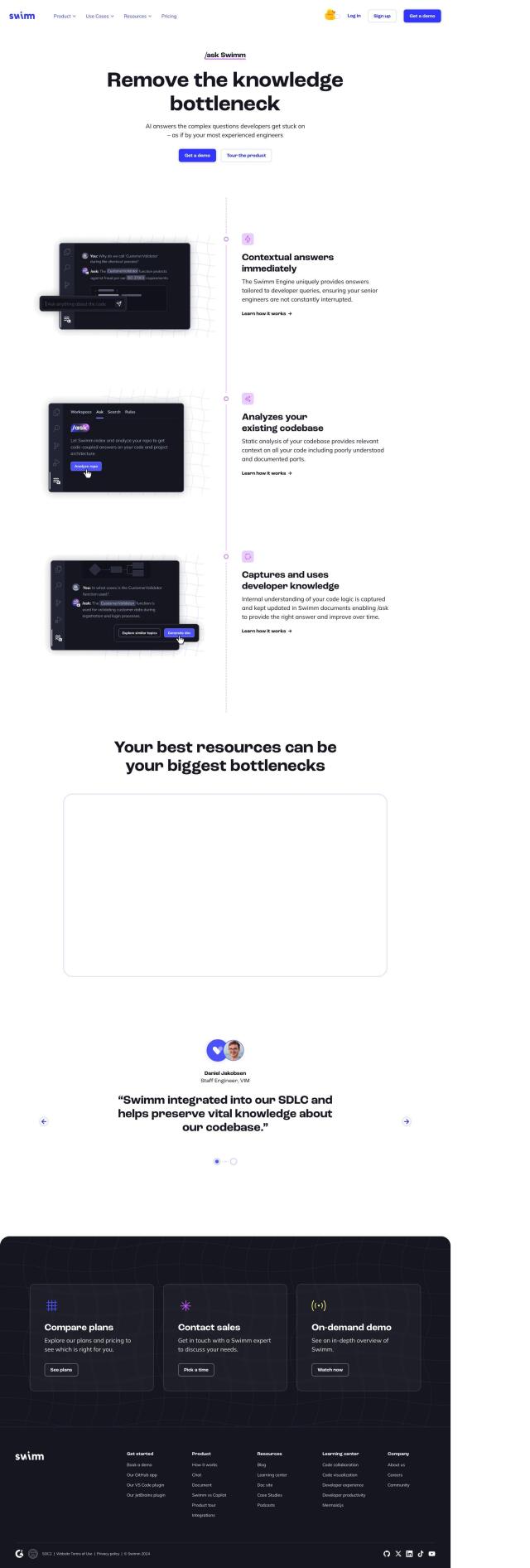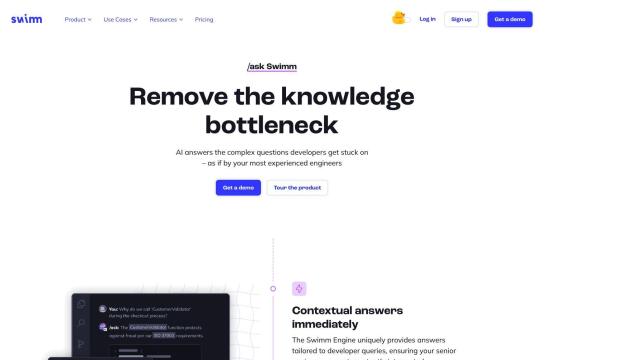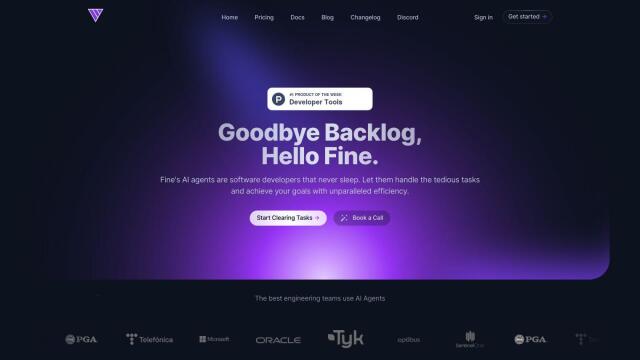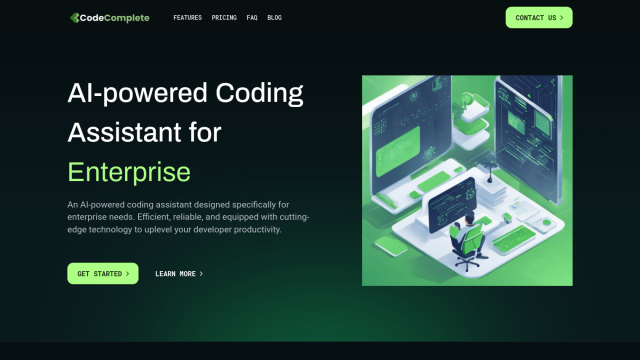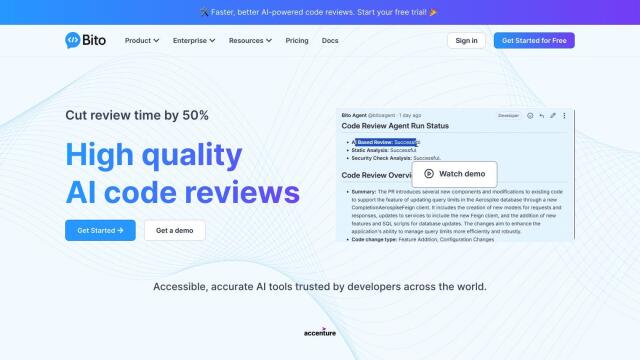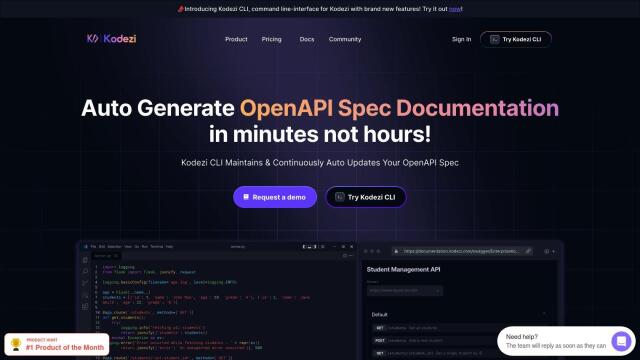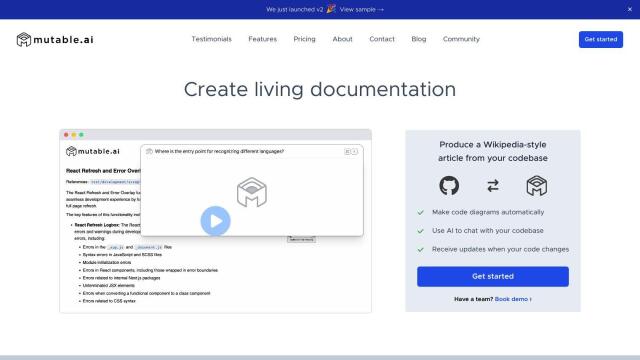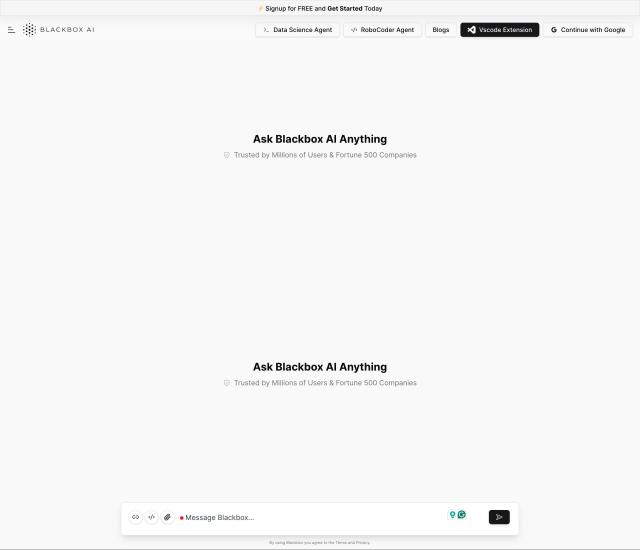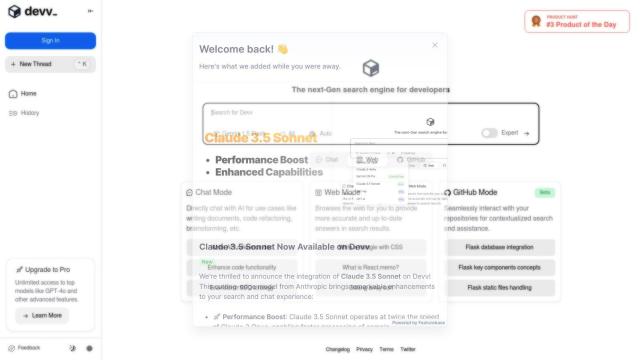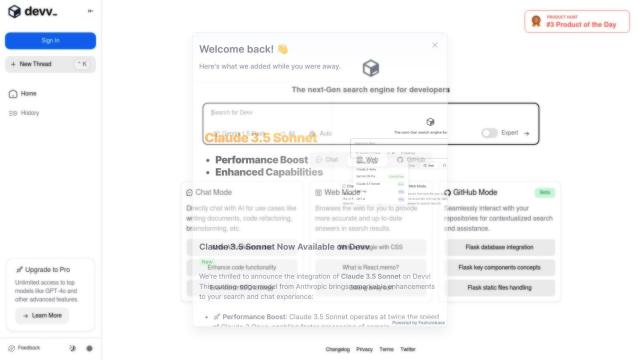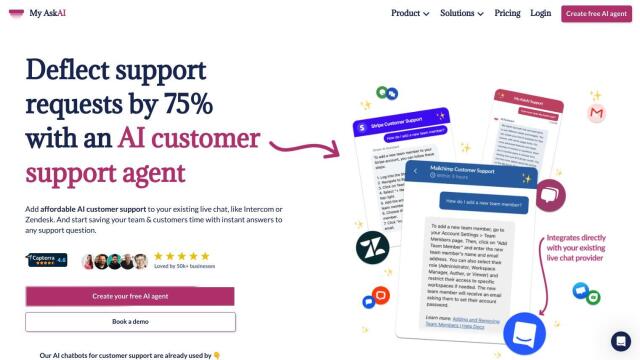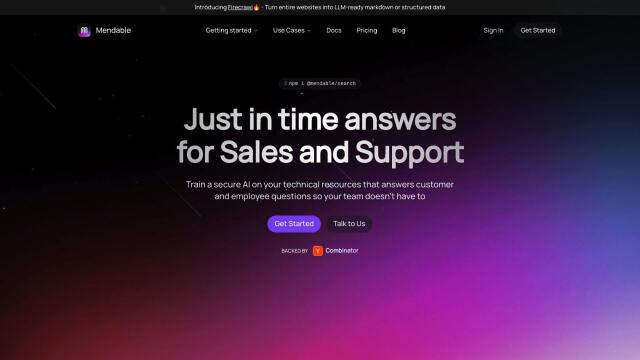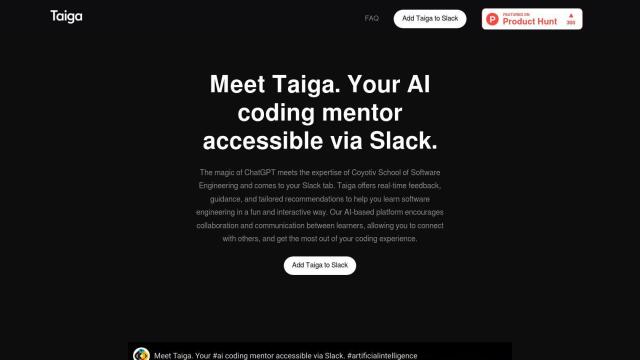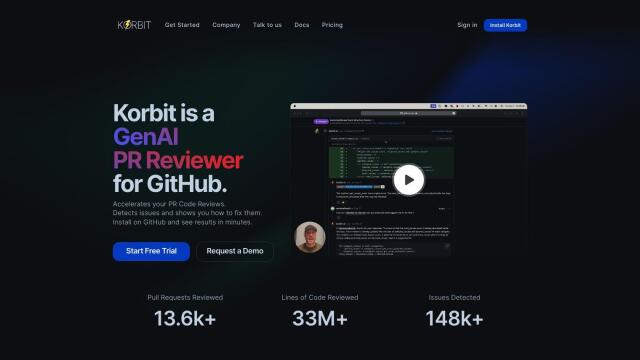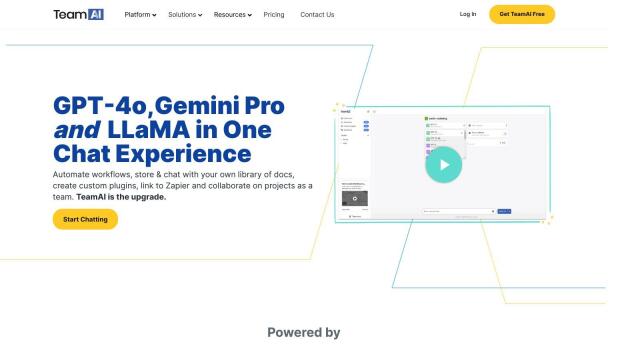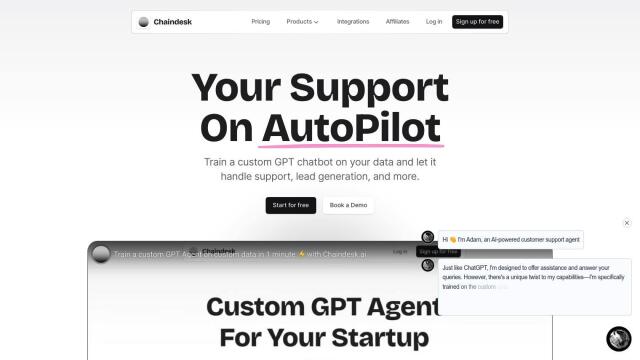Question: How can I improve the onboarding experience for developers and reduce the need for manual support?

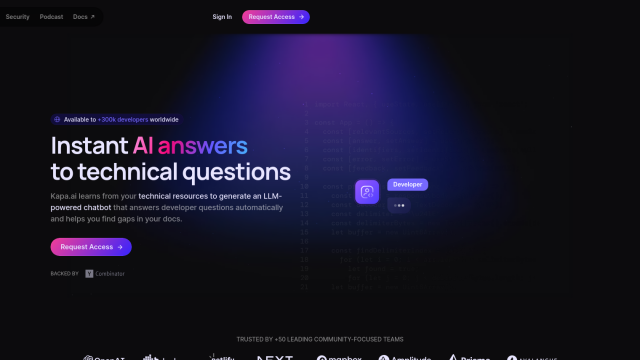
kapa.ai
To help developers onboard more easily and minimize the need for human support, kapa.ai provides a more powerful option. The service lets companies that sell to developers create LLM-based support and onboarding bots that can respond to technical questions. By drawing from sources like documentation, GitHub and Slack, kapa.ai's custom chatbots offer quick answers, continuous updates and a feedback loop to help developers decrease support requests and increase developer satisfaction.

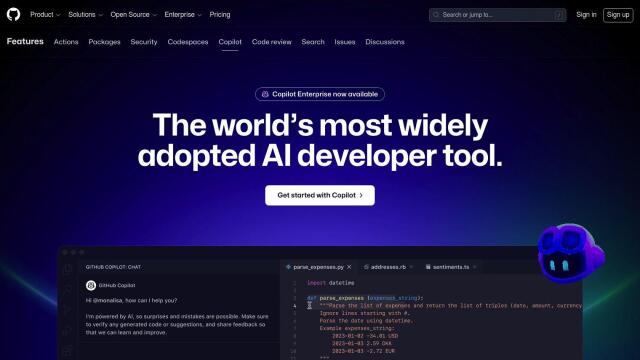
GitHub Copilot
Another top contender is GitHub Copilot, an AI-powered developer assistant that offers context-aware help at every step of the development process. It can offer code completion, chat help and even turn natural language prompts into code suggestions. GitHub Copilot can be integrated with many tools and services, so developers can work more efficiently and write better code, which means less support requests.

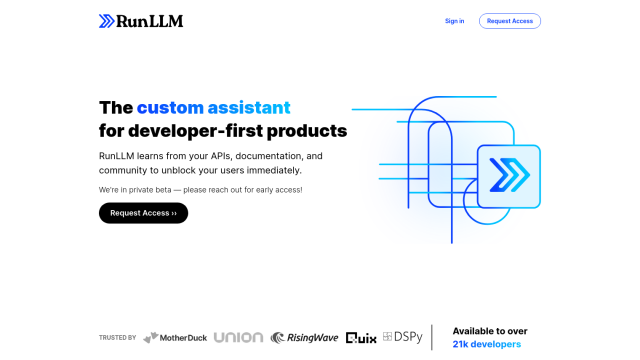
RunLLM
For a more advanced assistant, RunLLM draws information from a variety of sources, including documentation, APIs and support tickets, to offer detailed answers to developer questions. Its ability to refine its responses based on usage patterns means it can offer consistent and useful answers, speeding up developer adoption and decreasing support requests. RunLLM can be integrated with services like Slack and Discord for easy integration.

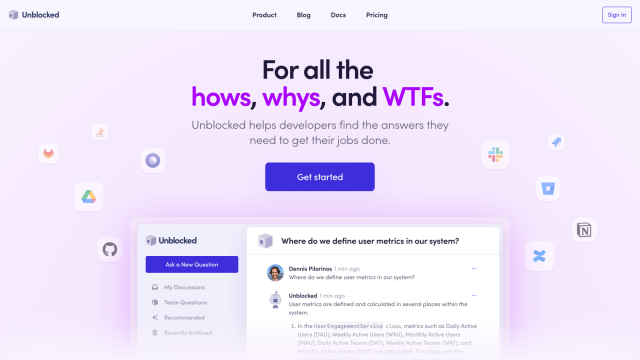
Unblocked
Last, Unblocked combines information from GitHub, Slack and Confluence into the developer's codebase to offer quick answers and contextual documentation. It can speed up development by surfacing relevant documents and past discussions, improve team collaboration and response times. With features like role-based access control and a secure architecture, Unblocked is a good option for boosting developer productivity and reducing support requests.

